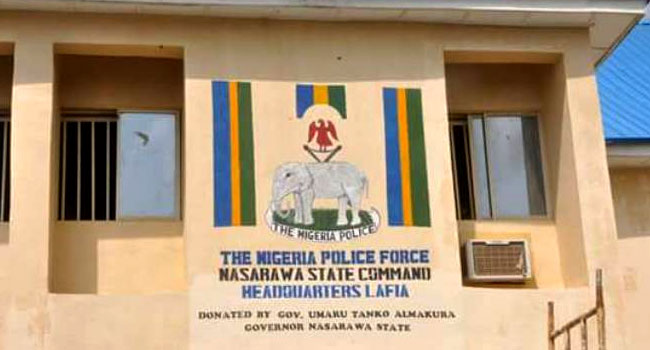Operatives of the National Agency for the Prohibition of Trafficking in Persons (NAPTIP) have rescued eight children suspected to have been abducted from Kano and other northern states and trafficked to the South–South and Eastern regions of Nigeria. The children were recovered from a privately owned orphanage in Asaba, Delta State, reportedly operated by a senior member of the Association of Orphanage Operators in Nigeria.
According to a statement by NAPTIP’s Press Officer, Vincent Adekoye, the operation was conducted with support from the Department of State Services (DSS) in Anambra, the Delta State Police Command, and technical assistance from the Kano State Government, civil society organisations, and concerned parents from the northern region.
“On the day of the operation, our operatives met the wife of the orphanage owner. She was not arrested because she was not our target. She was informed of the allegations, and contact details were left for the owner to report to the Agency,” the statement said.
NAPTIP’s investigation traced the activities of an inter-state child trafficking syndicate that had allegedly lured children between the ages of two and ten from northern communities under the guise of traders. The syndicate reportedly operates in two phases: some members integrate briefly into communities to gain access to children, while others approach children in public spaces such as parks and transit terminals.
Distress over such abductions dates back to 2017, when parents in Kano and surrounding states raised alarms about children disappearing from their communities. A major incident in 2022, involving the alleged trafficking of more than 25 children, prompted further public outcry and engagement from civil society organizations, including Protection Against the Abduction and Missing of Our Children (PATAMOOC). In a petition to NAPTIP, the organization requested intervention to rescue abducted children and ensure accountability.
NAPTIP’s Director General, Binta Adamu Bello, OON, explained that the operation in Anambra was initially unsuccessful because the syndicate moved the children overnight. In Delta, operatives identified and rescued eight children from over 70 children and 15 newborns present in the orphanage.
“The rescued children were identified through pictures and other features by representatives of the concerned parents from Kano State,” Bello said. She added that the children have been returned to the relevant government authorities in Kano and reunited with their families.
Bello expressed concern over the proliferation of orphanages and care homes in Nigeria, noting that some facilities may serve as havens for trafficked children. “We call on State Ministries of Women Affairs across the country to monitor these orphanages closely. NAPTIP will continue its oversight role under the Trafficking in Persons (Control of Activities of Organisations and Centres) Regulations 2019,” she said.
The Director General praised the collaboration with the DSS, the Nigerian Police, and other partners, emphasizing that intelligence-driven operations remain central to the agency’s efforts to prevent child trafficking, protect vulnerable children, and uphold justice.






